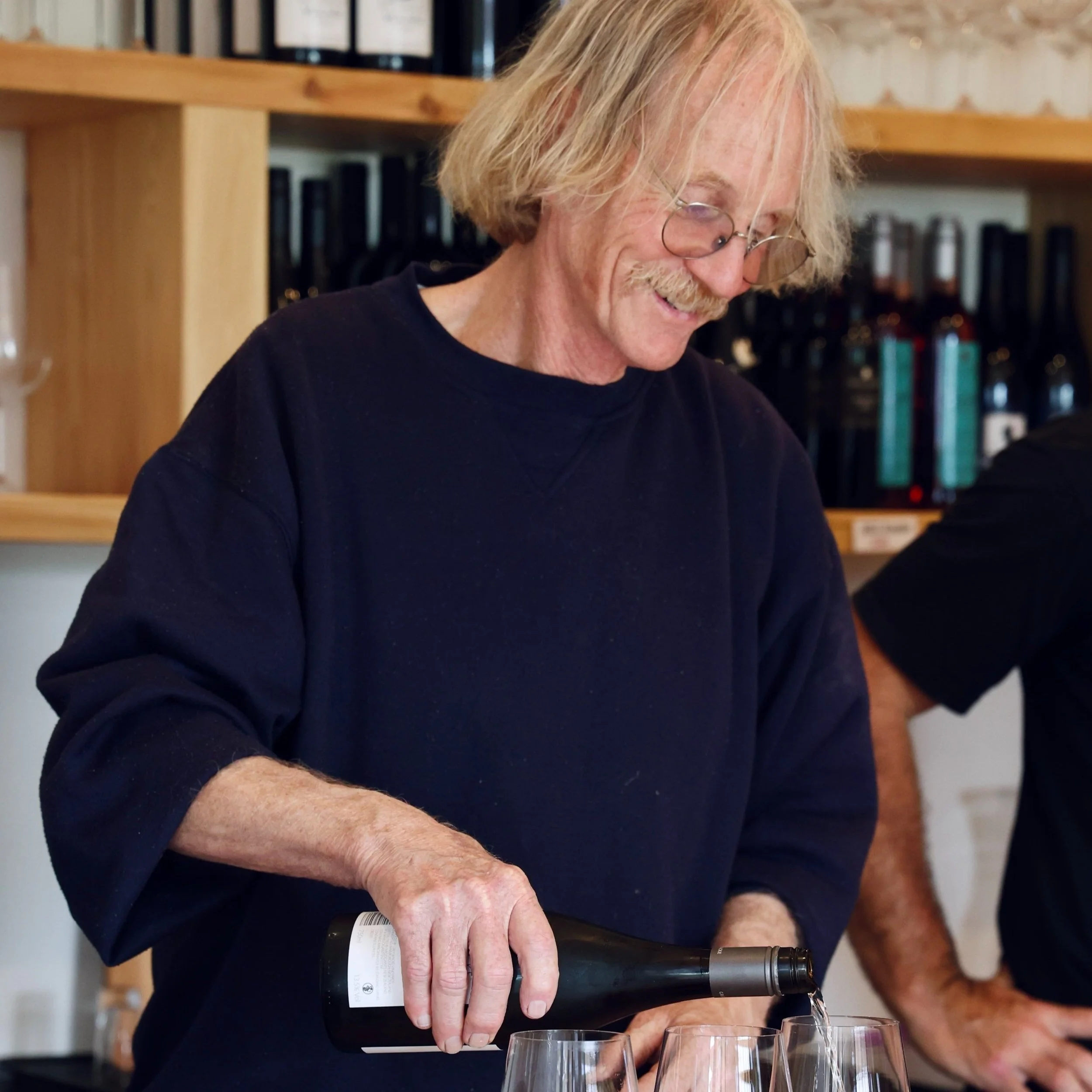Saving grapes
Following the challenges of the summer, many vineyards are taking stock and salvaging what they can, hoping to still produce a vintage. David Hoskins, co-founder of Heron’s Flight, speaks about his experiences.
What have the challenges been for you at Heron’s Flight this season?
Although we haven’t picked our grapes yet, the summer of 2022/23 has been our most challenging – certainly the wettest. Luckily for us, we have been relatively unscathed in terms of damage, but it has taken much work in the vineyard and, hopefully, we should be able to salvage a vintage, so long as no more cyclones hit us in the next month or so.
Why do you think you have been lucky compared to other vineyards?
Part of the reason we grow the grapes we grow (Italian grape varieties, Sangiovese and Dolcetto) is because we believe they are more resilient to these kinds of conditions. But when Gabrielle hit, our grapes had not yet ripened to the stage that they would be vulnerable – due to the lack of sunshine this summer. We are one to two weeks away from picking our first grapes.
How have the weather conditions affected grape growing in general?
The cyclones have been bad, but we have had regular rain and
winds from the east since November. The aim of grape growing
is to keep the vines as healthy as possible until the grapes
start veraison (colour change). The wet and windy conditions
in the spring and early summer meant keeping fungal diseases
at bay has been difficult. And then with the extreme rain in
January, the ground became waterlogged. This means that
the soils are saturated and the vine roots are unable to absorb
oxygen – meaning that the necessary nutrients are unable to be
taken up into the vines. This is evident in the leaves of the vine
discolouring, indicating nutrient deficiency. At worse the leaves
will brown and fall off.
How have you dealt with these issues?
We have been spraying nutrients directly onto the canopy to help feed the vines and hold the canopy as best we can. But it hasn't been easy. If you are able to keep the vines reasonably healthy (and this year is particularly difficult) until veraison, then sunny conditions for several weeks will mean that the vintage may be pretty good. But it won't be another 2020, which was a drought!
How have other local vineyards fared?
It has been heartbreaking to see how terribly some other regions have been affected by this summer’s weather. Particularly Hawkes Bay and Gisborne, of course. But I’ve also been saddened to see the toll that this summer’s rain has taken on so many other growers and business owners in this region. We have friends farming in the Kaipara Hills, for instance, who have had enormous slips on their land, with massive impacts to their infrastructure.
Heron’s Flight was founded in 1987, what do you enjoy most about this area?
Mary Evans and I founded Heron's Flight in 1987; 2023 is our 33rd consecutive vintage in Matakana. And despite the challenges of this season, with the weather and otherwise, I do feel incredibly lucky to
be growing grapes and making wine – and living – in this incredible
region. My entire family lives with me on the vineyard, and my eldest
grandson is nearly five now. Pretty soon I’ll start teaching him the art
of viticulture and oenology, which will hopefully mean Heron’s Flight is making wine in Matakana for another 33 years!
contact@HeronsFlight.co.nz
www.HeronsFlight.co.nz
